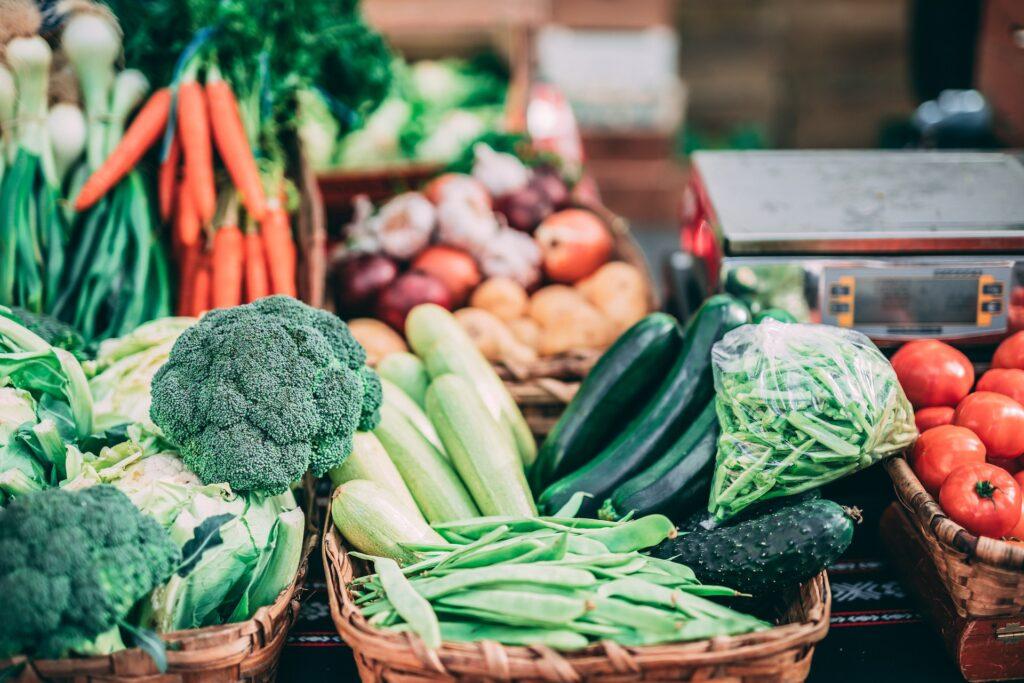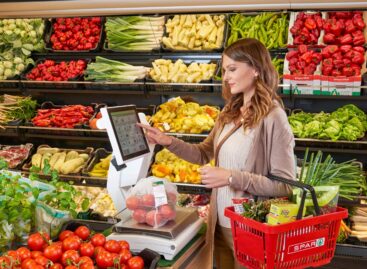Vegetables without packaging play a leading role
In the spirit of the fight against food waste and plastic waste, changes are expected on the shelves of grocery stores in the United Kingdom. According to the plans of the British government, they want to increase the range of products without packaging, especially fruits and vegetables. According to estimates, food wasted by more than 10 percent of British households can cost a family of four up to HUF 40,000 per year.

According to the new rules, grocery stores should increase the proportion of fresh products offered without packaging. The aim of the measure is to reduce food waste and packaging waste. According to the plans, by 2025-r3, the proportion of fruit and vegetables sold without packaging may reach 30 percent, and in three years, up to 80 percent of all packaging may be removed, reports the British retail trade portal Retail Gazette.
Grocery stores will be obliged to sell those fruits and vegetables without packaging, for which this is technically and economically feasible. However, it is expected that certain products, such as cucumbers or berries, will be exceptions, as packaging increases their shelf life.
The proposal encourages grocers to use recyclable or paper-based packaging. Although the British government’s moves are being hailed as a fight against food waste and plastics, advocacy organizations warn that new regulations must be proportionate and aligned with economic realities.
The aim of the measure is to allow consumers to buy only as much goods as they actually need, thereby reducing food waste and environmentally damaging packaging. In the UK, an average of 76 kilograms of food is thrown away per person every year, causing serious environmental and economic problems. With the introduction of new measures, they hope that this number will decrease and that packaging will become more environmentally friendly throughout the country.
Related news
Carrefour and Coca-Cola are focusing on refillable glass bottles
🎧 Hallgasd a cikket: Lejátszás Szünet Folytatás Leállítás Nyelv: Auto…
Read more >Fashion, drones and sustainability – the new face of agriculture at the AgriTech InnoExpo event
🎧 Hallgasd a cikket: Lejátszás Szünet Folytatás Leállítás Nyelv: Auto…
Read more >Related news
MBH Analysis Center: The Hungarian economy may accelerate again in 2026, but the Iranian war carries serious risks
🎧 Hallgasd a cikket: Lejátszás Szünet Folytatás Leállítás Nyelv: Auto…
Read more >SPAR is preparing for an Easter rush: it is filling its stores with 570 tons of smoked meat products
🎧 Hallgasd a cikket: Lejátszás Szünet Folytatás Leállítás Nyelv: Auto…
Read more >Focus on the domestic fishing sector at SIRHA Budapest
🎧 Hallgasd a cikket: Lejátszás Szünet Folytatás Leállítás Nyelv: Auto…
Read more >






